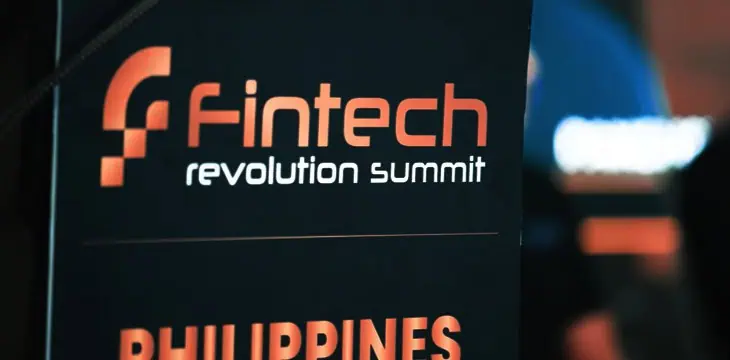|
Getting your Trinity Audio player ready...
|
Nick Hill, director of Premier Consulting, takes over the hosting seat on Day 3 of CoinGeek Live 2020 for a session on the future of iGaming, and how Bitcoin SV (BSV) can power efficiency and transparency throughout the industry’s value chain—from operators to game developers to affiliates to players.
Joining him for the panel discussion are Phillip Runyan, CEO of Hold Gaming; Alex Shore, CTO and co-founder of BitBoss; Lloyd Purser, COO of FunFair Technologies; Sam Brown, CCO of Hero Gaming; and Carl Brincat, Chief Legal & Enforcement Officer of the Malta Gaming Authority.

The session looks at how iGaming can benefit from blockchain technology both now and in the future, and how it can leverage the efficiencies afforded by BSV. But as Hill notes, as soon as you mention blockchain in the iGaming industry, most people are still stuck on cryptocurrency and blockchain for payments—rather than viewing blockchain as a platform.
This is a view echoed by Sam Brown, who says he was underwhelmed on first researching blockchain in iGaming. According to Brown, nearly everyone in the industry was focusing solely on cryptocurrencies for facilitating different types of transactions, tending to focus on the payments side only. But blockchain brings much more to the industry, including transparency, great efficiency and greater security, and at the time of his initial moves in blockchain, there were almost no examples of that being executed in the space.
Alex Shore said that blockchain was initially seen as a novelty, with some operators actually leading with blockchain as a USP. This, he says, is an error—rather than a novelty or a gimmick, blockchain is just a technology for making the whole sector run more efficiently.
Relying on a public, highly-secured blockchain network, protected by default, means operators don’t have to develop their own. They can approach their customers and pitch them on the efficiencies of the platform, even before funding and betting with a native cryptocurrency is supported.
On smart contracts, Shore said BitBoss is already running these on BSV game services. The game services run off-chain, reacting to transaction data being sent to them. Players place bets as BSV transactions, which include bet information and funds—this is sent to the game service, and only this game service can react to the contract.
The game service processes the player’s next move and automatically pulls funds and sends back transactions to the player’s wallet, reacting in real time to gaming outcomes. This allows BitBoss to offer provably fair gameplay. When a game starts, a locked secret is given to the player, which couples with an unlocked secret presented at the end of the game. This allows players to see that their games have been mathematically guaranteed as fair, with results written to the blockchain for maximum transparency.
Lloyd Purser of FunFair Technologies echoed similar views, suggesting blockchain is being used to develop better systems for the entire value chain—for operators, players, developers and affiliates. With the right user experience in time, he suggested there’s only going to be one technology—due to the benefits it provides, BSV will win out as the technology of choice for the iGaming sector.

He draws particular attention to the issue of the custody of funds, which always stays with the customer. Results can be seen openly on the blockchain, with no question of asking to receive your money from the casino at any stage. This, he says, guarantees fairness, as executed by code. The same applies across the industry value chain, with affiliates for example receiving guaranteed commissions, settled in real-time.
Philip Runyan agreed with the general thrust of the points, suggesting blockchain reduces infrastructure costs for operators. The technology validates fairness in P2P gaming, assuring players of a fair, level playing field. He says it removes the burden of trust from operators by settling the question of fairness before it even arises. At the same time, BSV also minimises costs for KYC, AML and other on-boarding processes, helping operators meet compliance requirements more easily.
From the regulator’s point of view, Car Brincat from the MGA says smart contracts are still a mixed bag for regulators. While he sees a number of benefits for fairness, automated payouts and from a player protection perspective, there are still some issues, for example around obligations to report suspicious transactions. Nevertheless, he says the regulator is keeping an objective view of regulation of the technology, and has no problem with blockchain technology playing an ever-increasing role in the industry.
Watch iGaming Future: How the Bitcoin blockchain can power more efficiency and transparency across the industry’s value chain panel.
https://www.youtube.com/watch?v=cGcz1LLXMJY&feature=youtu.be&t=11313

 07-11-2025
07-11-2025 





